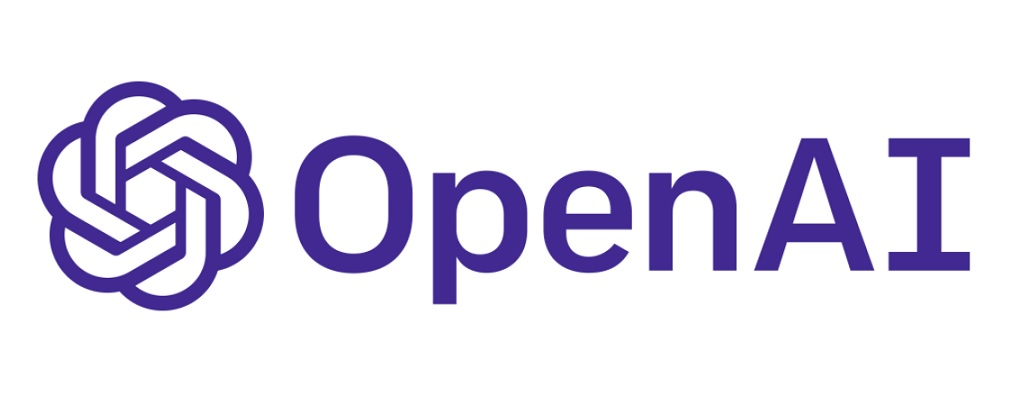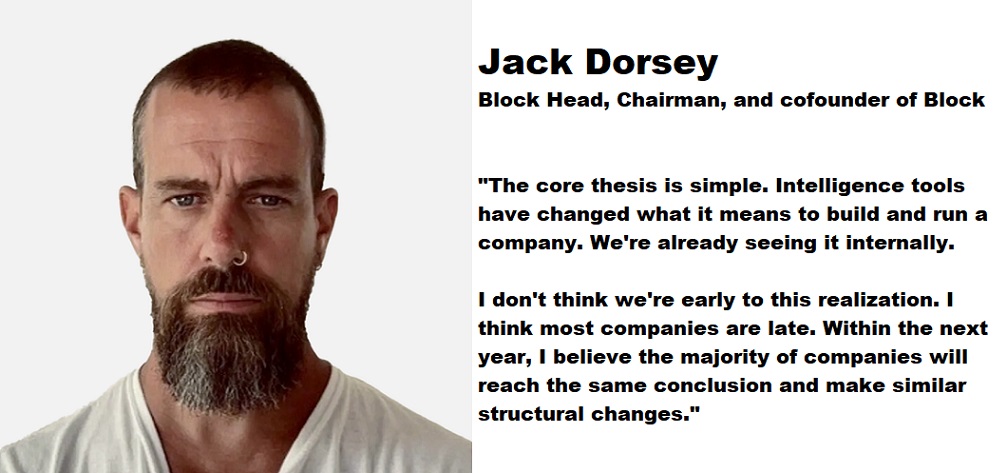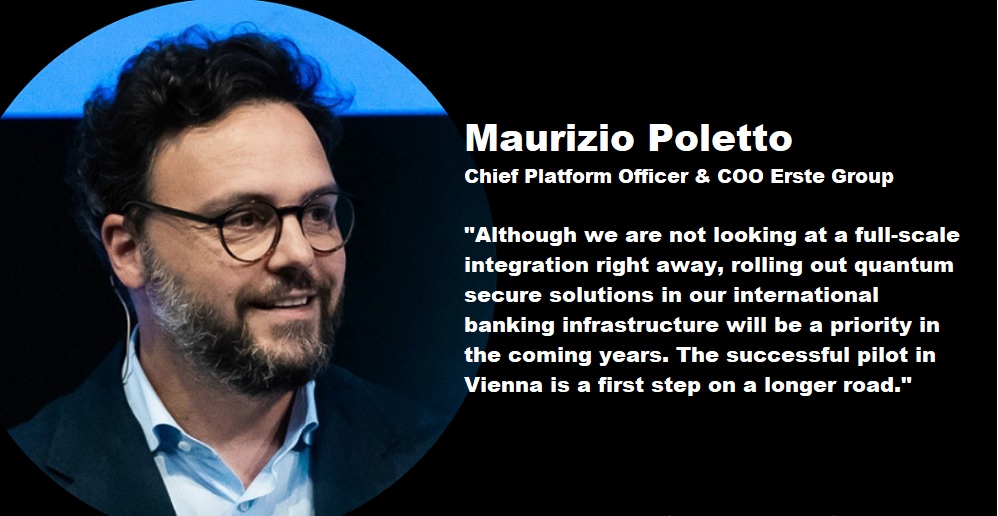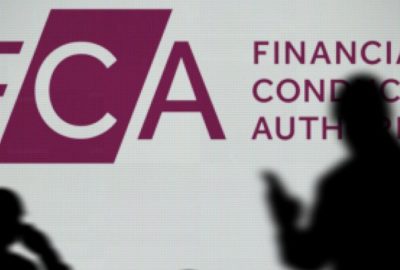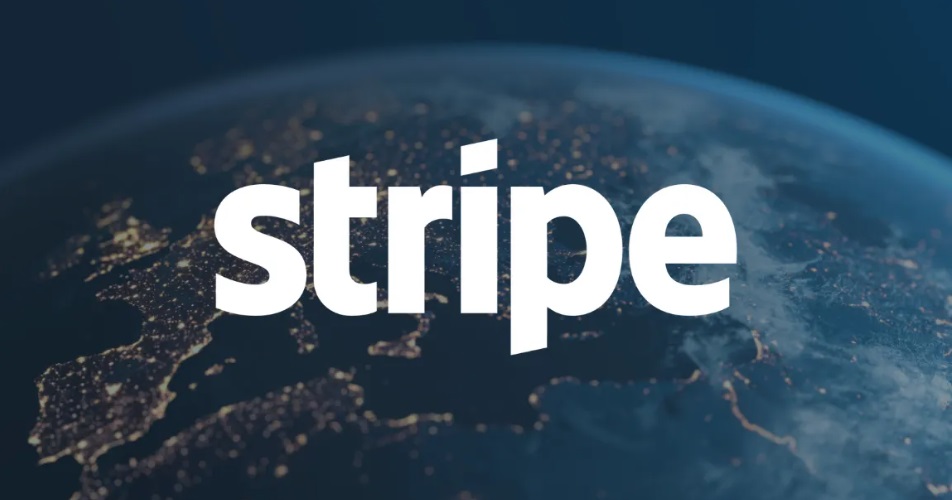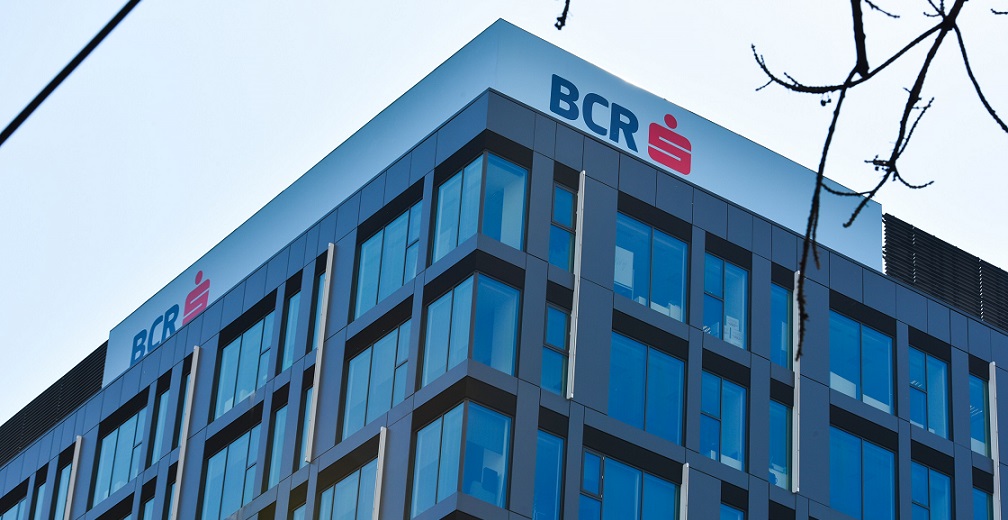Exploring FIDA: revised rules on financial data sharing access
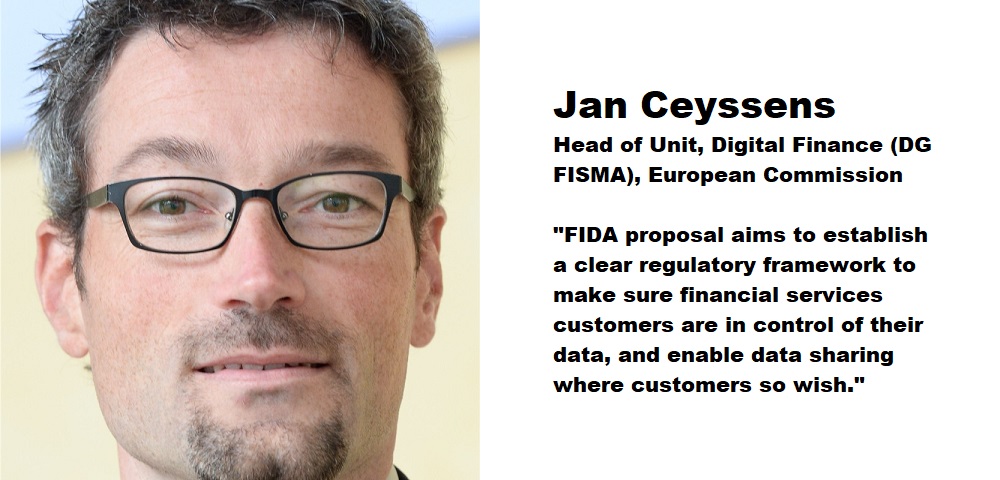
In June 2023 the European Commission put forward a proposal for a Regulation to further digitalise and improve competitiveness in the European financial sector. The proposal for a Financial Data Access (FIDA) framework is a direct response to developments in the European payment services market and notably, the rise in new providers offering ‘open banking’ services.
European Payments Council asked Jan Ceyssens, Head of the Digital Finance Unit in the Directorate General for Financial Stability, Financial Services and Capital Markets Union at the European Commission, to tell more about the aim and scope of the proposal.
More and more customers are getting accustomed to and demand data-driven services and are ready to share their data for these purposes – in their daily lives, and also in finance. At the same time, customers often do not trust that they are in control of their data and can effectively decide and limit its use.
With the current Payment Services Directive (PSD2) Europe has a framework in place for payments data. Our first step has been to review PSD2 thoroughly and to propose some targeted improvements of this framework. But data driven services are increasingly relevant also beyond payments. So the FIDA proposal aims to establish a clear regulatory framework to make sure financial services customers are in control of their data, and enable data sharing where customers so wish.
This will also help Europe’s highly diversified financial sector to develop data driven products and meet customer demands in the data economy: unlike e.g. large gatekeeper platforms – which have access to many different data sets -, banks, insurance firms or asset managers normally have access to much narrower, even though high quality, data sets. Being part of a safe and effective data sharing environment will allow them to provide a broader set of data driven services, for example to get a comprehensive overview of a clients’ wealth position when providing financial advice.
The scope of the FIDA framework
FIDA is part of the broader Commission data strategy which covers data in areas as diverse as digital platforms, Internet of Things (IoT), health, or energy. Within this context, FIDA covers customer data in the financial sector beyond payments, which are already covered by PSD. But of course, not all data sets in finance are the same. In our impact assessment we looked at different types of data and assessed both innovative potential and risks of data sharing. Our conclusion was that there is potential for innovative products and customers should be able to decide on their data across the financial sector. So it would not be justified to limit FIDA to certain sectors like banking, insurance, or securities. But certain specific data such as data underlying consumer creditworthiness assessment or life and health insurance data may create higher risks than other types of data, and so we proposed to exclude these specific data sets from the scope of FIDA.
How does the EPC’s SEPA Payment Account Access (SPAA) scheme fit with the FIDA concept of financial data sharing schemes?
When the Commission decided to give responsibility for implementing data sharing arrangements under FIDA to market participants, we looked for inspiration from existing initiatives, such as the EPC schemes and other similar initiatives e.g. at national level. When it comes to the SPAA scheme there is one big difference – SPAA is about payments data, while FIDA covers only financial data beyond payments, as payments data is already covered by PSD. But SPAA is of course an important test case for the broader model on which FIDA is based – can market participants manage data sharing in finance together, rather than having the regulators and supervisors decide in detail?
What are the next steps?
The Commission has made a legislative proposal, now the European Parliament and the Council of Ministers will decide on it, and work is starting right now.
Dariusz Mazurkiewicz – CEO at BLIK Polish Payment Standard
Banking 4.0 – „how was the experience for you”
„To be honest I think that Sinaia, your conference, is much better then Davos.”
Many more interesting quotes in the video below:
